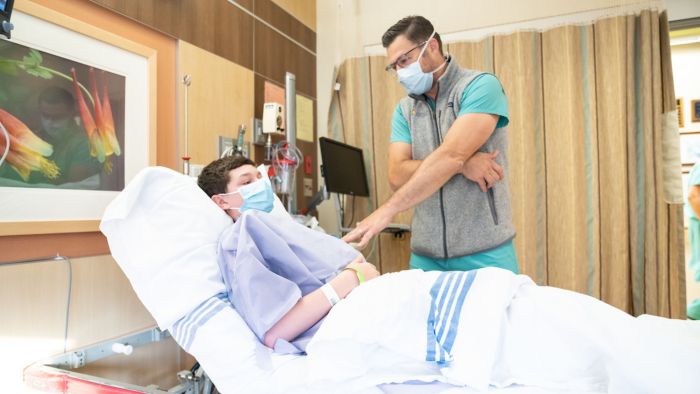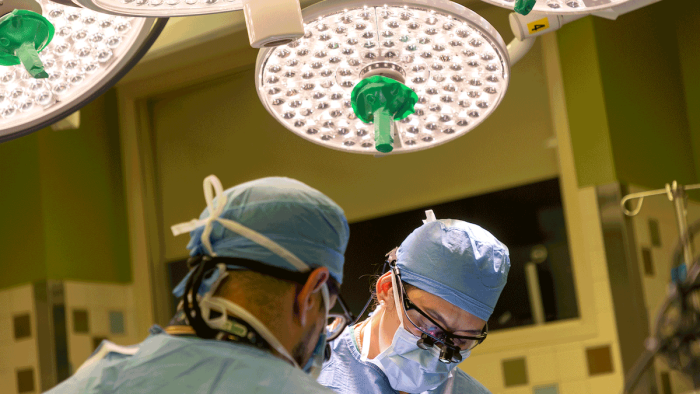We want to help you and your family prepare for surgery. Here, find information about what to expect before, day of surgery, and recovery from surgery.
Prepare for Surgery
Health Library
Find education related to your condition, procedure, care at home, and more.
Search Health LibraryResearch
Gillette Research aims to improve treatment options for children who have disabilities.
Explore Gillette ResearchNews
From innovations to innovators, Gillette Children’s shares our news as leaders in specialty care and research.
News Releases Home Page
Home Page



